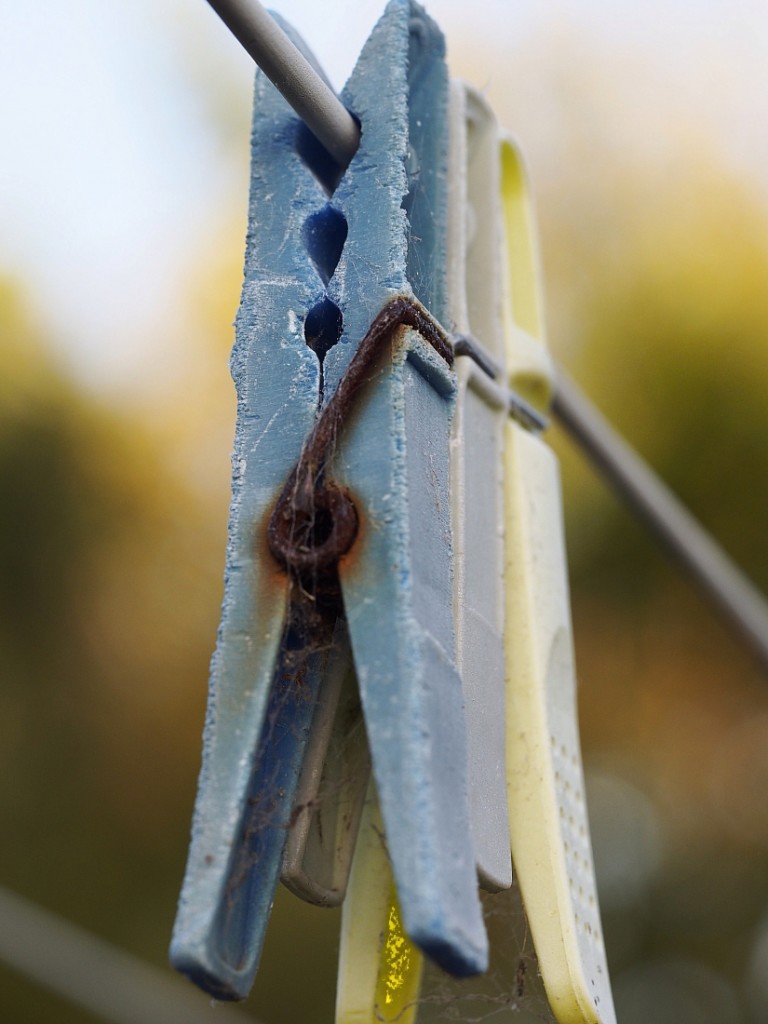A smile lights up his face as I knock on the back door.
“You are here,” he says, as he keeps wiping the sink. We don’t do hugs much, never have.
He has shrunk and become more stooped in the three months since I’ve seen him. Surely he’s not wearing the same clothes I saw him in last time?
The hot air hits me when I enter the house, a glance at the thermostat tells me it’s set on 31 degrees C. This from a man who used to run a cold house to save on heating costs.
I ask him about it. “I feel the cold,” he says. “No, I don’t want to wear a singlet and I always wear shorts.”
Indeed he does, he’s famous for wearing shorts in all weather, with his bare feet in sandals or runners. It’s a look that started with knee socks and sandals in the 1970s, worn with the safari suit, but it’s chilly footwear for a not-quite-spring morning.
“I’ll wear what I like,” he says, “you can’t tell me what to do.”

We settle into the normal rhythm of our conversations, which are usually conducted by phone.
He yells at me, “I though you were staying for two weeks. A couple of days is hardly worth it it. Nobody cares about me, nobody comes to visit.”
“Well, I’m here now dad, we can have a good time or you can keep grumbling. Your choice.”
He calms down a little.
I hear with horror that in the past week he’s forgotten how to use the phone and this meant sitting in a cold house with a broken heater for four days, until his Wednesday lady came to take him shopping. “She helped me fix it,” he says. I ring the agency, asking for a meeting to organise more visits.
“Maybe it’s time to move to a place with other people,” I suggest carefully. A long standing conversation has suddenly become urgent. He slices his hand across his throat, “I’ll kill myself. I don’t want that.”
“Then we’ll have to organise more people to come and help you, someone will come on Wednesday to discuss it with us.”
“I don’t want what she’s going to tell me,” he says with fire. I take a deep breath and change the subject. I’ve learnt that the more frustrated I sound, the more he’ll dig his heels in.
A litany follows in three languages about all the things he has lost.
There is no place for old people, he says. We have no purpose. Sometimes I wish I was dead.
We ring his oldest sister who calms him down. He tells me she was like a mother to him when he was little. “Talking to you makes me happy,” he tells her several times.
And I am dreading the unfamiliar path ahead.
So is he. “This is what happened to my mother,” he says. “I don’t like it”.